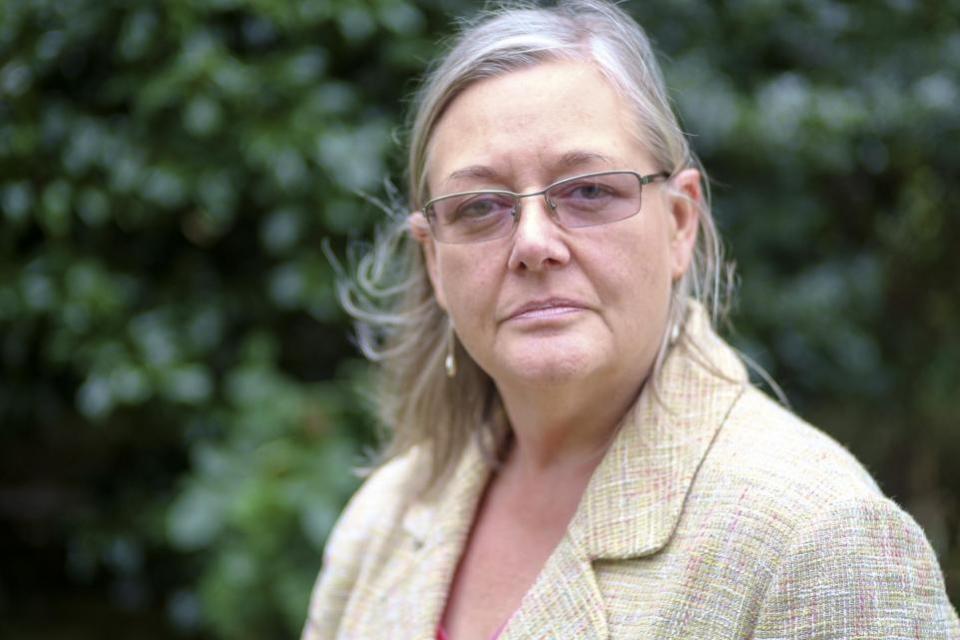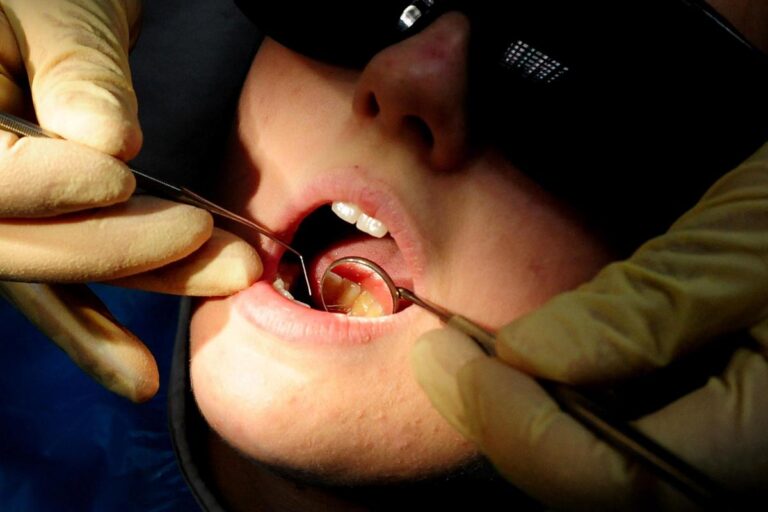CONCERNS have been raised after figures showed there were hundreds of hospital admissions Bradford to remove carious children’s teeth within a year.
Figures from the Office for Health Improvement and Inequalities reveal that in the year to March 2023 there were a total of 655 admissions to hospital in Bradford for the extraction of children’s teeth.
Of these, approximately 555 were caries exports.
Numbers are rounded to the nearest five.
Overall, the tooth extraction rate in Bradford was 421 per 100,000 children – above the national rate of 360 per 100,000.
The government has insisted that “access to dentistry is improving” – but officials have raised concerns about what has been described as “years of underinvestment” in the dental sector.
Oral health problems are ‘urgent for people of all ages’
Councilor Sarah Ferriby, portfolio holder for healthy people and places at Bradford Council, said:It is clear that oral health problems in our region are urgent for people of all ages – but the NHS is hampered by national dental contracts and the legacy of years of underinvestment.
“With many dentists only offering private care, this means we have seen ‘dental deserts’ in our region and this disproportionately affects low income families.


Councilor Sarah Ferriby
“Our local oral health team are working hard to do what they can to provide care in nurseries – for example, in areas where we know children are at greater risk of tooth decay – including fluoride varnish and tooth brushing programmes.
“Public health, the NHS and the voluntary and community sector work well together to deliver this work.
“But we need to see significant government investment in public health and community oral health work as part of a wider package of reforms if we are to solve this crisis.
“Oral health is a good indicator of people’s overall health – so without further investment and an overhaul of the current system, we’re just storing up problems for the future if we can’t give people the care they need now.”
“Access to dentistry is improving”
According to the figures, there were a total of 47,581 tooth extractions for underage patients in NHS hospitals in England in the year to March 2023.
About 66 percent of those discharges – or 31,165 – were for the primary diagnosis of tooth decay, a 17 percent increase from the previous 12 months.
David Fothergill, chair of the Local Government Association’s community wellbeing board, said: “These stark figures reveal that a lack of access to affordable dentistry is having a worrying impact on the state of children’s teeth.
“The fact that, due to the severity of tooth decay, an average of 119 operations are carried out each day to remove decayed teeth in children and teenagers is worrying and also adds to the current pressures on our health service.
“Untreated dental care remains one of the most prevalent diseases affecting children and young people’s ability to speak, eat, play and socialize.”
Separately, figures from the government’s annual Oral Health Survey of year six children showed that 16.2 per cent had tooth decay, with those affected having decay in at least two teeth on average.
In Bradford, around 26.8 per cent of children aged 10 to 11 had tooth decay.
Eddie Crouch, president of the British Dental Association, said ministers had “failed to understand that attrition and deprivation go hand in hand”.
He said: “This government likes to talk about prevention but has delivered nothing.
“He promised access for all but seems ready to throw money at target places in rural England.
“Our younger patients continue to pay the price.”
Dr Helen Stewart, health improvement officer at the Royal College of Paediatrics and Child Health, described the state of children’s oral health in England as “nothing short of appalling”.
Responding to the concerns, a spokesman for the Department of Health and Social Care said: “Access to dentistry is improving and last year around 800,000 more children visited an NHS dentist.”
They added that £3 billion is invested every year in NHS dental provision and plans have been announced to increase dental training places by 40%.
“We are also taking preventive measures such as expanding water fluoridation programs to reduce the number of children who develop tooth decay,” the spokesman said.


